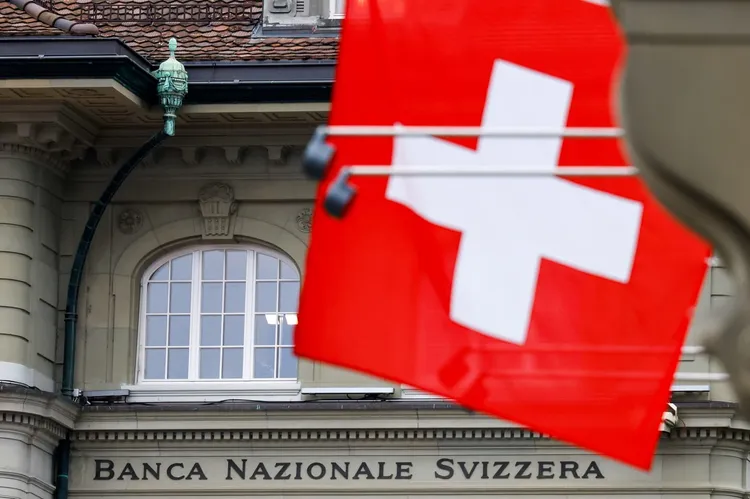European stocks are set to open in a mixed territory today as investor sentiment weakens, driven primarily by escalating concerns surrounding the ongoing conflict between Iran and Israel and the potential for further U.S. involvement. Traders are keenly awaiting upcoming central bank decisions, which will significantly impact market direction. Initial futures data, sourced from IG, indicates a volatile start to the trading day across key European markets. London's FTSE 100 is projected to open 22 points higher at 8,862, while Germany's DAX is expected to decline by 88 points, opening at 23,253. The French CAC 40 is anticipated to fall by 32 points, starting the day at 7,619, and Italy's FTSE MIB is forecast to drop 105 points, beginning at 39,321. This cautious sentiment is largely fueled by the intensifying geopolitical situation, with U.S. national security advisors continuing to monitor the situation within the White House Situation Room for the second consecutive day. President Trump’s previous statement regarding a potential U.S. military intervention in support of Israel’s operations against Iranian targets adds another layer of uncertainty to the market. Investors are carefully analyzing the implications of this potential involvement, recognizing the significant risks associated with a wider conflict. Simultaneously, the U.S. Federal Reserve’s decision to maintain interest rates at a 4.25%-4.5% range – the same level it has held since December – is providing a degree of stability, though it’s not eliminating the pressure for future adjustments. Fed Chair Jerome Powell’s indication that the committee will await the impact of Trump’s broad-spanning tariffs on inflation before considering any monetary policy changes highlights the cautious approach being taken. Despite this, the Fed remains optimistic, projecting two interest rate cuts later this year, signaling a potential shift in policy direction if inflation continues to moderate. This week promises a flurry of central bank decisions, with Turkey, Norway, Switzerland, and the United Kingdom scheduled to announce their respective policy choices. The Swiss National Bank is particularly noteworthy, with many analysts predicting a move to zero interest rates this week, a significant shift that could have substantial ramifications for the country’s economy. The Bank of England’s decision is also under intense scrutiny, and while a rate hold is anticipated, investors are closely watching the voting record and seeking guidance on the potential timeline for future rate cuts. Most analysts predict a cut in August, reflecting the ongoing concerns about persistent inflation. Currently, there are no major economic data releases or corporate earnings announcements scheduled for Europe, contributing to the focus on geopolitical developments and central bank actions.
The Swiss National Bank is particularly noteworthy, with many analysts predicting a move to zero interest rates this week, a significant shift that could have substantial ramifications for the country’s economy. The Bank of England’s decision is also under intense scrutiny, and while a rate hold is anticipated, investors are closely watching the voting record and seeking guidance on the potential timeline for future rate cuts. Most analysts predict a cut in August, reflecting the ongoing concerns about persistent inflation. Currently, there are no major economic data releases or corporate earnings announcements scheduled for Europe, contributing to the focus on geopolitical developments and central bank actions.
Finally, it’s important to note that U.S. markets are closed today due to the Juneteenth holiday, further limiting liquidity and potentially amplifying volatility as traders adjust to the closed market.
























